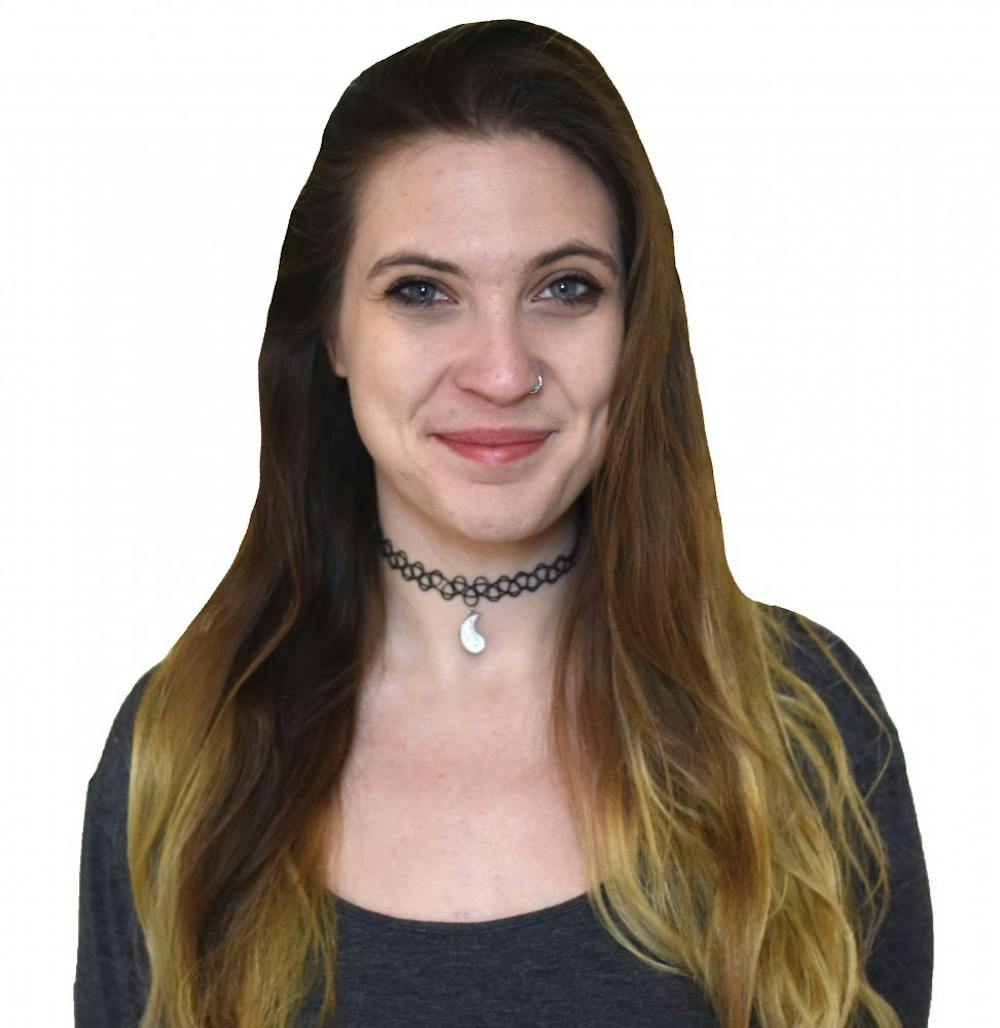COLUMN: Step out of your comfort zone to find clarity for your career
My journalism career at Central Michigan University has been atypical compared to other students in the program.
Picking a major was difficult because I wanted to learn about everything and never stop learning. I switched my major six or seven times before deciding to be a science writer. I had to go far beyond the limits of my comfort zone to find out what I wanted to do with my career.
Before I knew much about journalism or how to report news, I had one specific interest — research. I loved learning about scientific advancements. Writing about it seemed like the perfect fit for me because with a career in science writing, I never needed to stop learning.
However, I found there aren't many, if any, journalism majors in the department who share my aspirations. Not many journalism majors plan to become science writers. Not many professors are familiar with the ins and outs of the field. CMU doesn't offer a "science reporting" class.
I knew I needed to teach myself. That involved doing things I wasn't necessarily comfortable or confident doing.
Joining Central Michigan Life was my first, life-changing decision. Here, I've developed my science writing skills in a practice-lab atmosphere.
I'm an anxious person and used to be very shy. When I walked into the newsroom about a year ago, I was uncomfortable. But it was my first step toward career clarity. I told the editors about my desire to cover science and research. There was no hesitation. They were happy to let me gain the experience and happy someone was interested in writing about science.
But I still wanted to learn more.
I joined the National Association of Science Writers, where I received a travel fellowship to attend the American Association for the Advancement of Science meetings last February in Boston.
I was excited about the opportunity. Then fear and anxiety set in.
Compared to the other fellows, I felt inadequate. They all had backgrounds in research or came from science writing programs at their university.
I had neither. I felt like a poser.
Despite feeling exposed and uncomfortable, the fellowship became the most valuable career-developing experience in my life.
I participated in an internship fair, which was the most nerve-wrecking day of the trip.
There, I met with several recruiters from intimidatingly prestigious media outlets, such as NPR, Science Magazine, The Washington Post and leading research universities and laboratories from across the country.
Despite my anxiety, the internship fair was awesome. I even scored a few interviews for the summer.
After learning about both the opportunities and struggles facing science writers today, I found clarity and direction for my own career. I returned to CMU with newfound motivation.
I was assigned a mentor, Victoria Jaggard, a senior editor at National Geographic who had worked in science communication at the Smithsonian museums — my dream jobs.
Through her, I learned about the realities of a career in science writing, which differed from my expectations. I found out that the National Geographic online magazine currently has just one writer on staff.
At first, this was depressing to hear. Was my dream of being a writer for a glamorous science magazine out of the picture before it even began? Of course not. The conference helped me develop more realistic expectations for my career. They are just as exciting.
Most importantly, after attending the AAAS conference, my fears were mostly replaced with confidence.
Although my background is different from many others working in the field, my diverse journalism experiences and vast published pieces from class and CM Life make me a competitive candidate.
I now realize I bring a unique perspective to science writing.
By stepping out of my comfort zone, seeking and taking advantage of opportunities available to me, I found a clarity for my dreams that I never had before.
I am a science translator and a storyteller, passionate about humanizing research and demonstrating the fantastic story that is science.
My goal is to bridge the gap, make science interesting, educate the community and maybe make people trust science again.
With my experiences at CMU and after my adventure to Boston, I’m now confident I can achieve these goals.
I just had to step out of my comfort zone to realize it.







